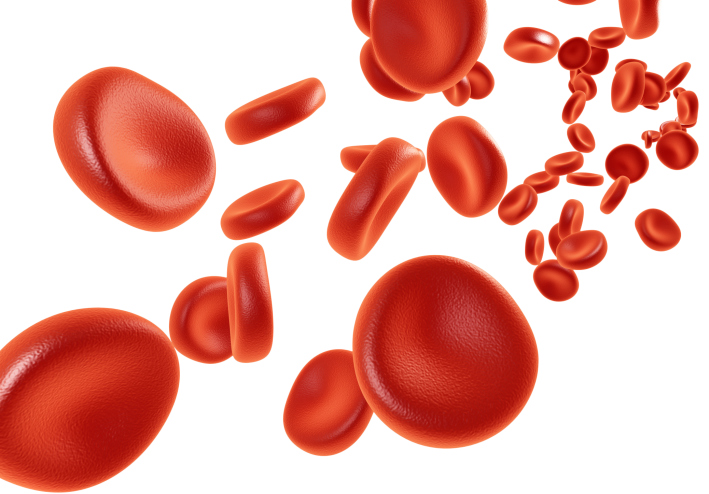
Despite its long scientific and medical history, sickle cell disease lags behind most other well-known diseases when it comes to the availability of effective drugs and treatments. Currently, there is only one drug approved by the Food and Drug Administration for sickle cell disease.
It’s hydroxyurea.
Hydroxyurea was developed in 1869 and more than a century later, in 1998, was approved for treatment of sickle cell disease. Hydroxyurea helps reduce the frequency of painful crises and the need for blood transfusions in people with sickle cell disease.
Still, patients and families as well as their healthcare providers have been discouraged because it has been 14 years since the approval of hydroxyurea and we’ve had no new drugs for treating those with sickle cell disease.
So you can imagine how excited I was to attend the First Annual Sickle Cell Disease Therapeutics Conference (http://www.scdconference.com/) on September 19 and learn about the new drugs in development for sickle cell disease
For the first time ever, new and existing companies came together to share their progress in developing new treatments to prevent or reduce the complications of sickle cell disease. Seven pharmaceutical and biotech companies discussed new products that are in all stages of development from preclinical research to Phase III clinical trials.
Drugs are being developed to prevent the complications of sickle cell disease in new and creative ways, some of which include:
• increasing blood flow,
• preventing sickling of blood cells,
• fixing the defective hemoglobin through gene therapy, and
• increasing fetal hemoglobin.
Today we don’t know which, if any, of these drugs is going to work but in 2012 alone, these companies have invested over $500 million dollars in research and development of new drugs to treat sickle cell disease. This investment, we hope, will lead to better treatments and, ultimately, improve the length and quality of life of people with sickle cell disease in the United States and globally.
To learn more about clinical trials for sickle cell disease or other diseases visit
http://clinicaltrials.gov/.









